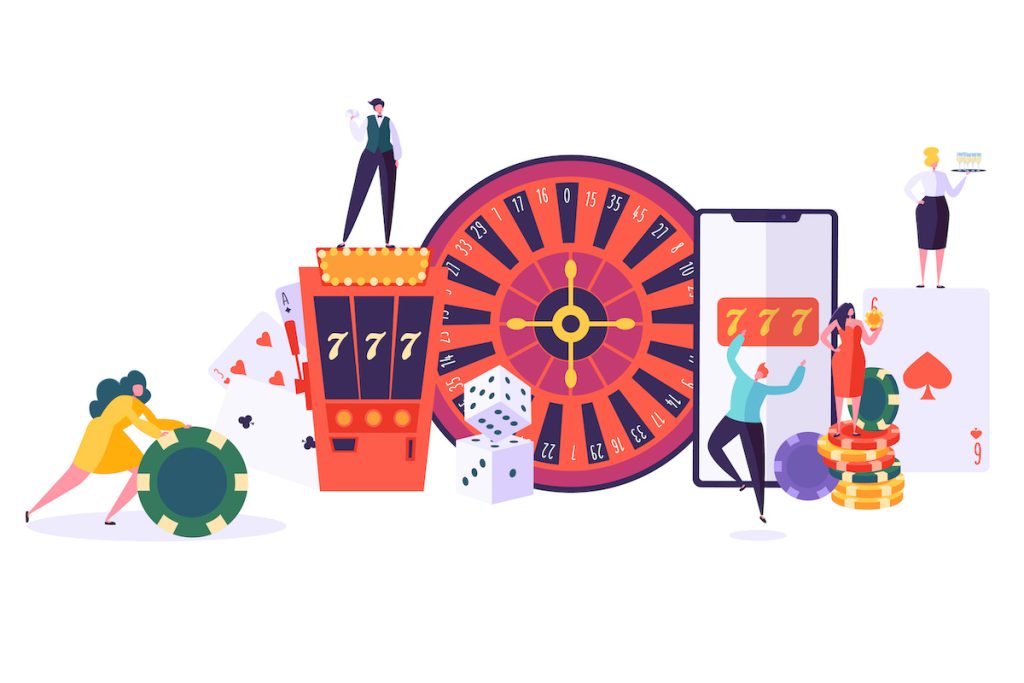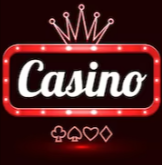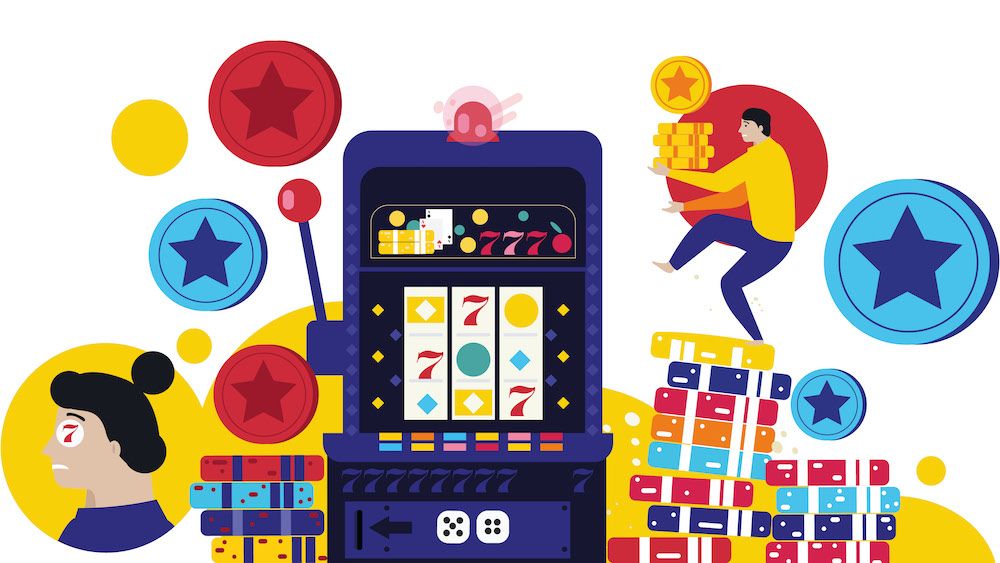When it comes to human behavior and psychology, the inquiry of whether gambling can be effectively treated presents a complex and multifaceted challenge. The prevalence of gambling addiction, alternatively referred to as compulsive gambling or gambling disorder, is a significant concern impacting millions of individuals across the globe. While there is no universal remedy that guarantees success, there exist diverse methods and interventions that can assist individuals in overcoming their gambling addiction and reclaiming authority over their lives. In this comprehensive article, we will delve into the intricate nature of gambling addiction, explore the potential for recovery, and provide insights into how individuals can effectively confront and manage this pressing issue.
Understanding Gambling Addiction
Gambling addiction manifests as an insuppressible compulsion to engage in gambling activities, disregarding the detrimental effects and disruptions it may inflict upon multiple aspects of one’s life. It is imperative to acknowledge that gambling addiction is not simply a deficiency in willpower or a moral shortcoming; rather, it is a multifaceted condition shaped by genetic, environmental, and psychological factors.
The Effects of Gambling Addiction
The repercussions of gambling addiction can extend far and wide, causing profound devastation. Individuals may experience financial difficulties, strained relationships, loss of employment, legal issues, and a decline in overall mental and physical well-being. Moreover, the ripple effect of gambling addiction extends beyond the individual, affecting their loved ones and society. Therefore, addressing this issue is of utmost importance.
Treatment Options for Gambling Addiction
Although there is no ultimate remedy for gambling addiction, numerous efficacious treatment options exist. It is crucial for individuals struggling with gambling addiction to seek professional help from qualified therapists, counselors, or support groups specializing in addiction recovery. These professionals can provide the necessary guidance and support throughout the journey to recovery.
- Cognitive-Behavioral Therapy (CBT): CBT is a widely used therapeutic approach that helps individuals identify and change unhealthy thinking and behavior patterns. By addressing the underlying thoughts and emotions that contribute to gambling addiction, CBT can assist individuals in developing healthier coping mechanisms and strategies.
- Support groups, such as Gamblers Anonymous, create a secure and accepting space where individuals can openly share their personal experiences, seek support, and draw wisdom from others who have encountered comparable struggles. These groups foster a sense of community and provide valuable encouragement throughout the recovery process.
- In certain instances, medication may be recommended to target concurrent mental health disorders, such as depression or anxiety, frequently associated with gambling addiction. If necessary, individuals need to consult with a qualified healthcare professional to determine the appropriate medication.
- Financial Counseling: Given the significant financial impact of gambling addiction, seeking assistance from a financial counselor can be immensely beneficial. These professionals can guide debt management, budgeting, and rebuilding financial stability.

Preventing Relapse
Recovery from gambling addiction is an ongoing process that requires dedication and perseverance. To prevent relapse, individuals should consider implementing the following strategies:
- Avoiding Triggers: Identifying and avoiding situations, environments, or individuals that trigger the urge to gamble is crucial. This may entail implementing alterations to one’s lifestyle, such as exploring new hobbies or cultivating social connections with supportive individuals who do not partake in gambling activities.
- Building a Support Network: Surrounding oneself with a strong support network is essential during recovery. Family, friends, and support groups can provide encouragement, understanding, and accountability.
- Developing Healthy Coping Mechanisms: Finding alternative ways to cope with stress, anxiety, or boredom is paramount. Participating in activities like exercise, meditation, or pursuing creative endeavors can effectively redirect focus away from gambling impulses.
- Practicing Self-Care: Prioritizing self-care is vital for overall well-being. This includes maintaining a balanced lifestyle, getting adequate sleep, eating healthily, and managing stress through relaxation techniques.
The Road to Recovery
Although the journey to overcome gambling addiction may present challenges, it is crucial to recognize that transformation is attainable. By accessing appropriate support, undergoing treatment, and demonstrating a steadfast dedication to personal development, individuals can reclaim authority over their lives and cultivate a more balanced association with gambling. If you or someone you know is grappling with gambling addiction, we strongly encourage seeking professional assistance. Remember, you are not alone in this journey, and there is a promising outlook for a brighter and more fulfilling future.

